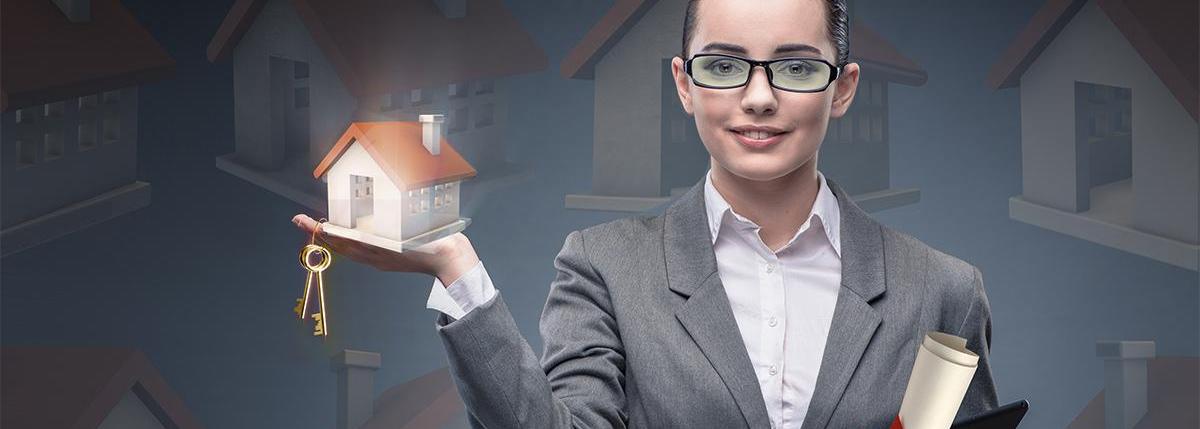One of life’s biggest milestones is purchasing your first home. Buying a new home is the beginning of a new chapter of your life, so it’s important to choose your home and the right payment method carefully.
However, many people fail to realize is that buying a home may be more complicated than they think. The debate between buying or renting your next property should be completely dependent on your financial situation, and there will likely be certain unprecedented obstacles that you will encounter along the way.
Here’s everything you need to know about home ownership before scouring the real estate market!

Fixed Mortgage Rates
Over 64 percent of American households own their property and make consistent mortgage payments, as reported by the U.S. Census Bureau. While it is generally true that monthly mortgage payments are considerably cheaper than paying monthly rent, there are still important factors to consider before tying yourself into a mortgage.
For one, renting can be a roller coaster experience. For example, your landlord can decide to raise your rent once your lease agreement has come to term, forcing you to either pay the higher rent or find a new place to live, sometimes within just a few days. For this reason, renters end up moving many more times than those who buy property, and consequently end up paying expensive moving fees.
Those who own property never have to worry about their mortgage payments increasing, since all mortgage rates are fixed. If anything, your mortgage may actually become more affordable as inflation rises.
Every Homeowner Receives A Property Tax Deduction
Just as there are plenty of responsibilities associated with being a homeowner, there are also plenty of advantages. One major pro of owning your property is that you’re eligible to claim an annual deduction on property tax. If you are renting, claiming a property tax deduction is out of the question since your landlord is the one who reaps the benefits of property tax deductions. However, if you own your home, you’re able to deduct up to $10,000 in property taxes on your tax return every year.
In several states, you’re also permitted to deduct your property tax payments when you file your state income tax return. While there is a capped amount for how much you can deduct from your property taxes, the property tax deduction can still provide you with significant savings on an annual basis.
Mortgage Interest? You Can Deduct That
Homeowners have long been able to deduct their mortgage interest when it comes time to file taxes, as permitted by the U.S. tax code. According to the Tax Foundation, the tax code was first put into place in 1913, when there was initially no cap on the amount of mortgage interest that homeowners could subtract from their property taxes. As time wore on, different laws were eventually put in place to limit the amount of mortgage interest that could be deducted from the taxes that you paid the government.
Decorate Your Home As You Wish
One of the major perks of owning your own property is having the liberty to customize and decorate however you want. You’re your own landlord, so feel free to paint those walls, add extensions to your home, and hang up as much art as you see fit. When you choose to rent a property, you do not have that same level of freedom in customization – your landlord determines the boundaries. For example, if you hang up art in a rental space, your landlord may charge you for nailing holes in the walls, which might limit you in your decorating decisions. Owning your own home gives you the ability to make changes to your property that will serve as an investment without having limitations set in place by an overseeing landlord.
No Landlords
Many landlords are a pain to deal with, and it’s commonplace for renters to find a new home due to a less-than-ideal relationship with their property manager. Landlords have the ability to set restrictions in place that you might disagree with, such as limiting the amount of people you can invite over, prohibit you from having pets, and in certain extreme cases, attempting to micromanage your life.
In particularly rotten cases, landlords might refuse to make improvements to your space or fix a property’s faults until you issue them a court order. When you own your own home, you eliminate pesky landlords from the equation entirely, leaving all major decisions regarding your home in your hands.
Debating Buying?
Buying a property is a major investment and commitment, which is why it’s important to know exactly what you’re getting into before you sign the papers. You should do extensive research on mortgages and decide if it’s the right move for you. Making the right choice in terms of how you’ll pay for your property will benefit you for years following your decision.
Interested in buying residential property? Start your search now.
